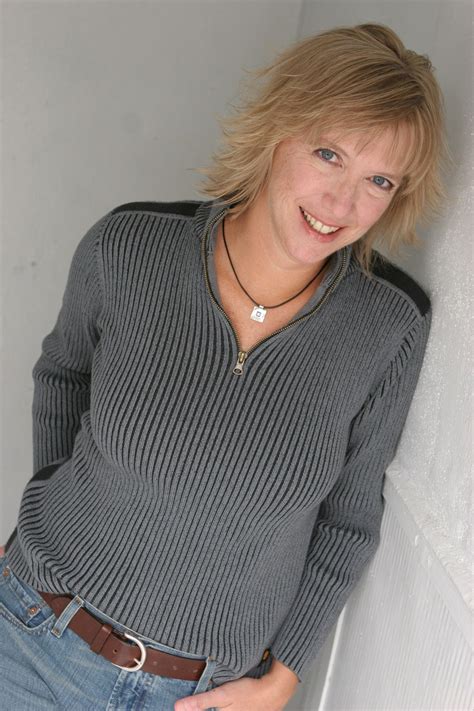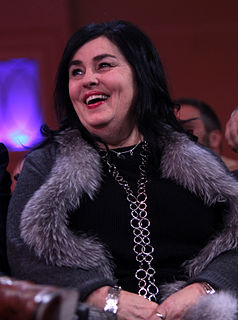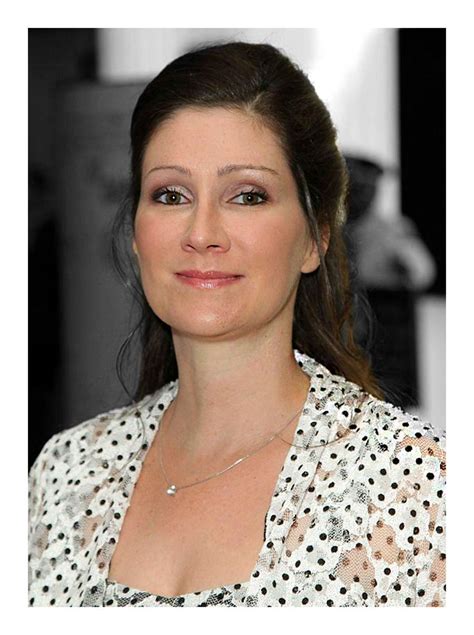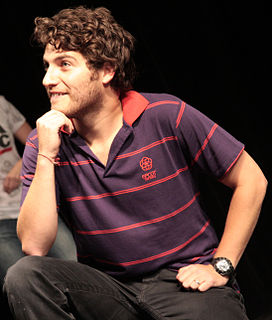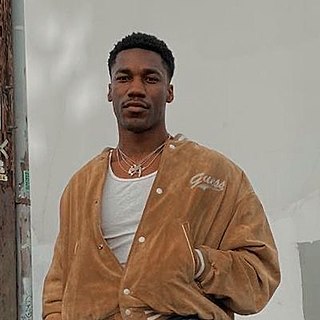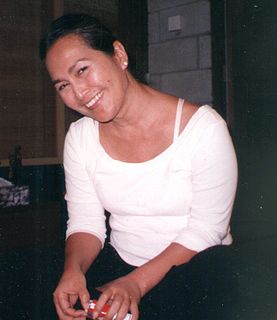A Quote by Suzanne Brockmann
Forget about writing to Penthouse. This one was going to be a story for their grandkids.
Related Quotes
I tell my kids and my grandkids, 'Never forget where you came from. Never forget your roots.' My grandkids, they didn't go through the hard times as much as other ones in our family did. One thing is to just never forget where you came from and you never forget that nothing is more important than your relationship with Jesus Christ.
Perhaps if there is anything remotely interesting about my writing style, it is this: more often than not I have no idea what the story is going to be about. Sometimes I have a fuzzy vision, or a glimpse of one scene, or a character. But mostly all I have is a random first sentence, and I follow it to see where it might go. For me, writing is the process of discovery, of gradually figuring out what happens in the story and how it ends, that makes writing an interesting process for me.
All right. Let's give you something to tell your grandkids about. Or great-grandkids. Or great-great-grandkids." I snort with glee, delirious with excitement. Charlie winks and pours me another finger's worth of whiskey. Then, on second thought, he tips the bottle again. I reach out and grab its neck. "Better not," I say. "Don't want to get tipsy and break a hip.
I'll give you the sole secret of short-story writing, and here it is: Rule 1. Write stories that please yourself. There is no rule 2. The technical points you can get from Bliss Perry. If you can't write a story that pleases yourself, you will never please the public. But in writing the story forget the public.
But it was for your own good.” – Nick “So’s the spanking I’m about to give you.” – Cherise “I’m too big to spank.” – Nick “Fine, you’re grounded until your grandkids are old.” – Cherise “Kind of hard to do. How am I supposed to have grandkids if I’m grounded?” – Nick “Precisely my point, you demon spawn. You’re never going to get off restriction.” – Cherise
The way to start writing isn't by writing at all. But by living. It isn't about creating something from thin air, but about documenting our personal feelings about the things that we see. Or to put it crudely, how are you going to be a storyteller if you have no story to tell? Perhaps, in the end, there are no such things as creative people; they are only sharp observers with sensitive hearts.
I'd like my grandkids to be able to watch PBS. But I'm not willing to borrow money from China, and make my kids have to pay the interest on that, and my grandkids, over generations, as opposed to saying to PBS, 'Look, you're going to have to raise more money from charitable contributions or from advertising.'
